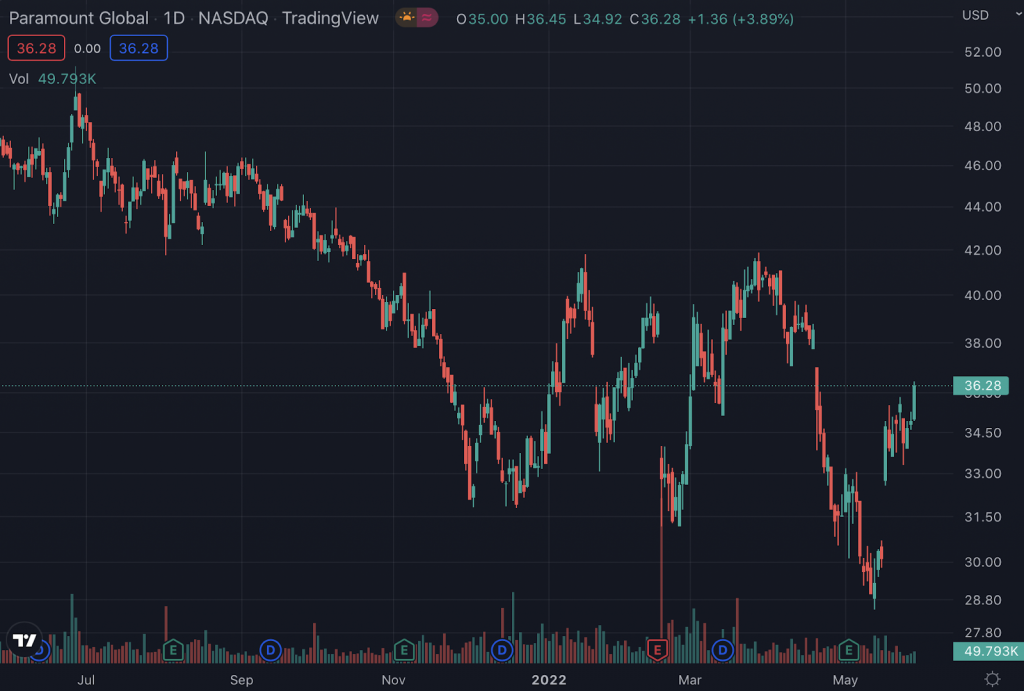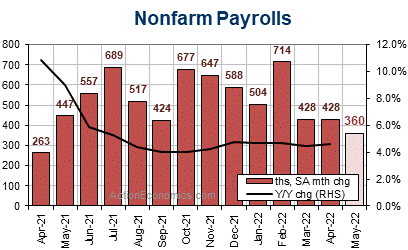The foreign exchange market is abuzz with activity as the British pound (GBP) weakens against the US dollar (USD) in the lead-up to the Bank of England’s (BoE) crucial policy meeting. This anticipated event has injected a dose of uncertainty into the market, prompting traders to adopt a cautious stance, leading to a decline in the GBP/USD exchange rate. Let’s delve deeper into the potential factors contributing to this recent currency movement.
The Looming BoE Meeting: A Hotbed of Uncertainty
The BoE’s monetary policy decisions have a significant impact on the value of the pound. Investors and traders closely scrutinize these pronouncements, as they can influence interest rates, inflation expectations, and overall economic sentiment. In the current economic climate, several key questions surrounding the BoE meeting are keeping market participants on edge:
- Interest Rate Hike or Hold? The primary question revolves around the BoE’s stance on interest rates. Will they raise rates to combat inflation, or will they maintain the current level to support economic growth?
- Balancing Inflation and Growth: The BoE faces a delicate balancing act. Inflationary pressures are rising in the UK, similar to many other economies. Raising interest rates can help curb inflation, but it can also slow down economic growth. The BoE needs to carefully calibrate its policy to address both concerns.
- Impact on Investor Confidence: The BoE’s decision will likely influence investor confidence in the UK economy. A hawkish stance (raising rates) might be perceived positively in terms of controlling inflation, but it could also lead to capital outflows as investors seek better returns elsewhere. Conversely, a dovish stance (maintaining rates) could be seen as supportive of growth, but it might also raise concerns about the BoE’s commitment to taming inflation.
Beyond the BoE Meeting: Broader Market Forces at Play
While the BoE meeting is the most immediate factor influencing the GBP/USD exchange rate, other external forces are also at play:
- Global Economic Slowdown: Concerns about a potential global economic slowdown are putting pressure on many currencies, including the pound. If major economies like the US or China experience a significant slowdown, it could dampen demand for British exports, impacting the UK’s economic outlook and potentially weakening the pound.
- Strength of the US Dollar: The US dollar has been strengthening in recent weeks, driven by safe-haven flows and expectations of the Federal Reserve raising interest rates in the United States. A stronger USD naturally puts downward pressure on the GBP/USD exchange rate.
Technical Analysis: A Glimpse into the Short-Term Picture
Technical analysts often utilize charts and historical price data to identify potential trading opportunities. While technical analysis cannot predict the future with certainty, it can offer insights into short-term market sentiment. By analyzing the GBP/USD chart, traders can identify support and resistance levels, potential trend reversals, and technical indicators that might signal overbought or oversold conditions.
The Road Ahead: Navigating the Uncertainty
The coming days will be crucial as the BoE meeting unfolds and its policy decisions are revealed. This, coupled with broader economic developments and the ongoing dynamics of the global currency market, will ultimately determine the fate of the GBP/USD exchange rate.
A Cautious Approach and Long-Term Perspective
For traders and investors, this period of uncertainty underscores the importance of a cautious approach. Closely monitoring news and economic data, combined with a well-defined risk management strategy, can help navigate these volatile market conditions.
Looking beyond the immediate market movements, a focus on long-term fundamentals remains essential. Understanding the underlying economic strengths and weaknesses of the UK and the US economies can provide valuable insights for long-term investment decisions.


